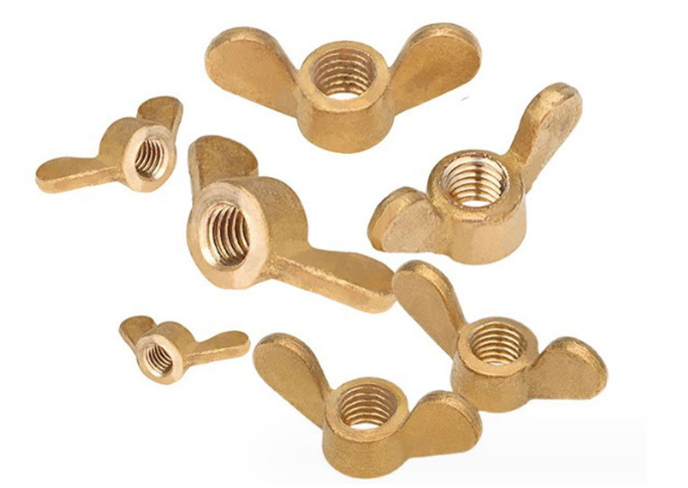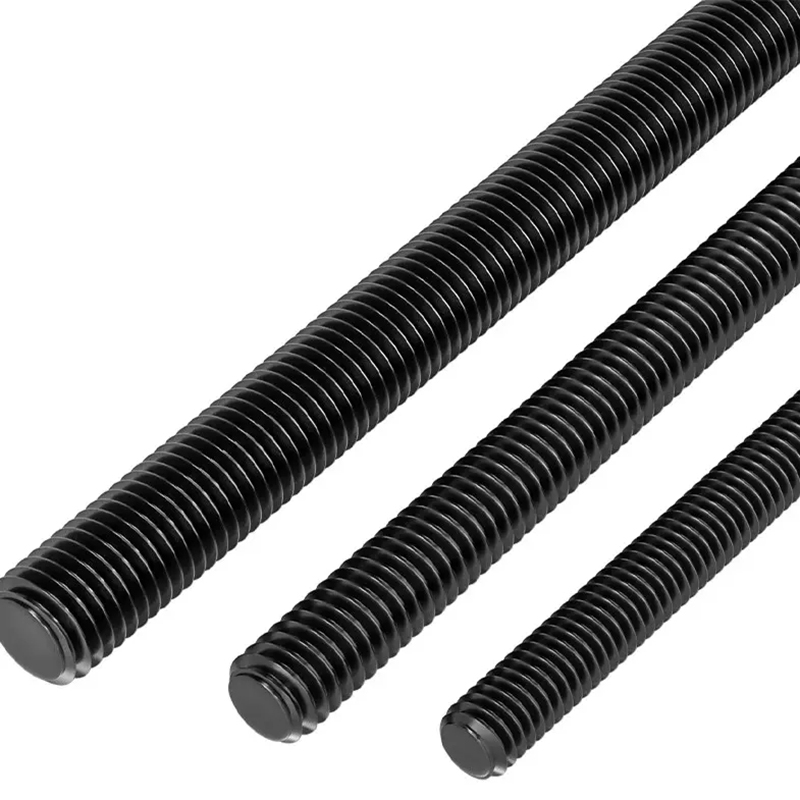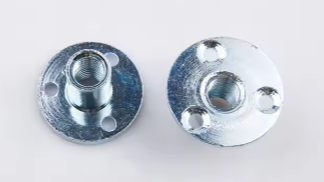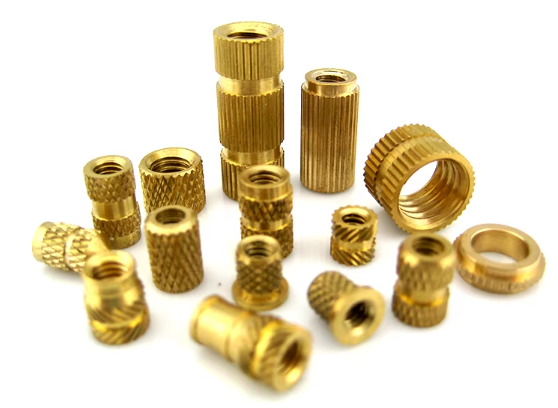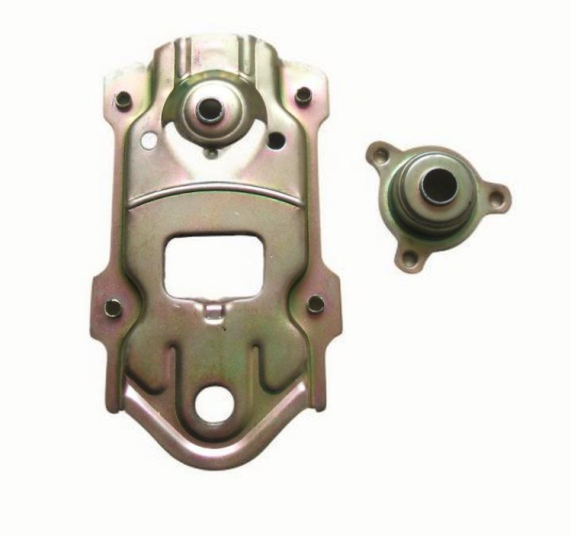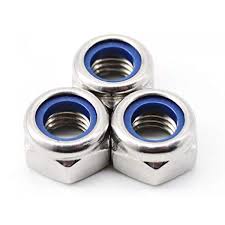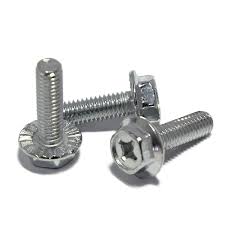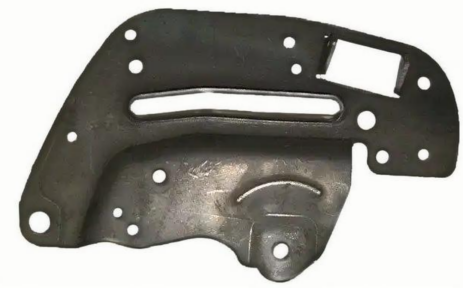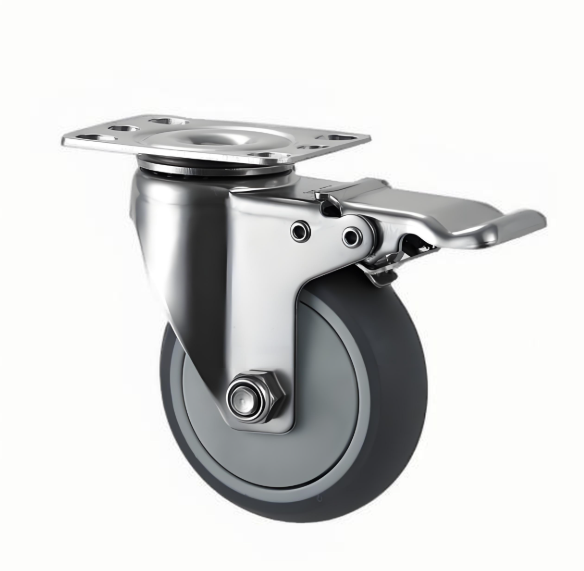

This guide provides a detailed overview of nylon insert lock nuts manufacturers, covering various aspects from material selection and manufacturing processes to applications and industry standards. We'll explore the key features of these fasteners, their advantages over traditional nuts, and factors to consider when choosing a supplier. This information will help you make informed decisions when selecting the right nylon insert lock nuts for your specific needs.
Nylon insert lock nuts are a type of self-locking nut that incorporates a nylon insert within the threads. This insert creates friction against the mating bolt threads, preventing loosening due to vibration or stress. They offer a reliable and cost-effective solution for securing threaded fasteners in various applications.
Several types of nylon insert lock nuts are available, differing in their nylon insert design, material, and size. Common types include: Hex nuts, flange nuts, and various specialized nuts for specific applications. The choice depends on the application's requirements for strength, vibration resistance, and overall performance.
The nylon insert is typically made from a high-strength, temperature-resistant nylon. The nut itself is usually made of steel, although other materials like stainless steel are available for corrosion resistance. Manufacturing processes involve precision machining and molding to ensure consistent quality and dimensional accuracy. The quality of the nylon insert is paramount to the performance of the nylon insert lock nuts. A reputable manufacturer will rigorously test the material to ensure its durability and reliability under various conditions.
Selecting the right nylon insert lock nuts manufacturer is crucial for ensuring product quality and timely delivery. Key factors to consider include:
Reputable manufacturers adhere to relevant industry standards, ensuring consistent product quality and reliability. Certifications like ISO 9001 demonstrate a commitment to quality management systems. Look for manufacturers who openly provide information on their certifications and compliance with industry best practices.
Nylon insert lock nuts find widespread applications across various industries, including automotive, aerospace, electronics, and general engineering. Their ability to resist vibration and maintain clamping force makes them ideal for applications where loosening could pose a safety or performance risk.
| Industry | Application Examples |
|---|---|
| Automotive | Engine components, chassis assemblies, wheel nuts |
| Aerospace | Aircraft structures, engine mounts, control systems |
| Electronics | Circuit boards, enclosures, cable assemblies |
| General Engineering | Machinery, equipment, industrial automation |
Numerous manufacturers offer nylon insert lock nuts. Thorough research is crucial to identify a reliable supplier that meets your specific needs. Consider factors such as production capacity, quality control measures, and the supplier’s commitment to customer service. For high-quality nylon insert lock nuts and exceptional service, consider Hebei Dewell Metal Products Co., LTD, a leading manufacturer in the fastener industry.
Remember to always carefully review specifications and certifications before making a purchasing decision. Choosing the right manufacturer will contribute significantly to the success of your projects.
Disclaimer: This information is for general guidance only and should not be considered professional advice. Always consult with a qualified engineer for specific application requirements.

